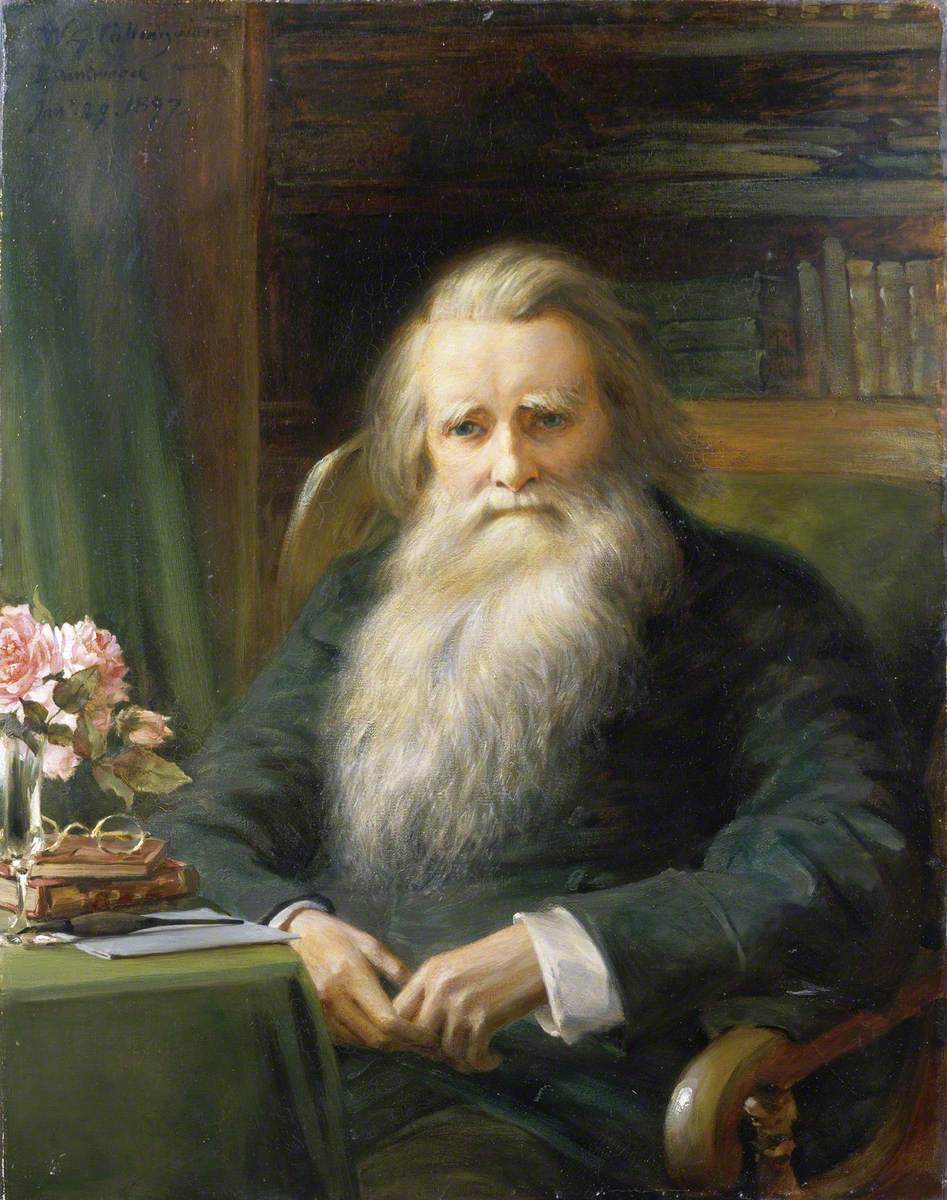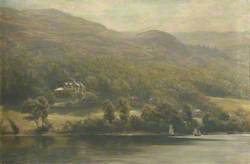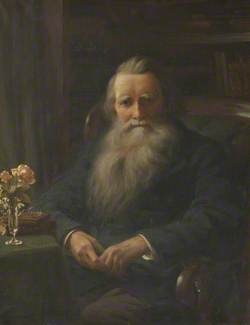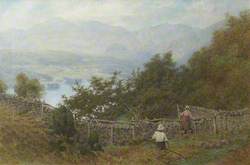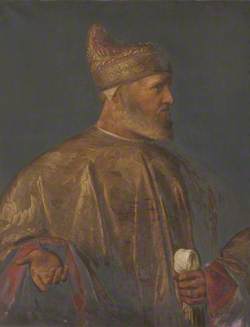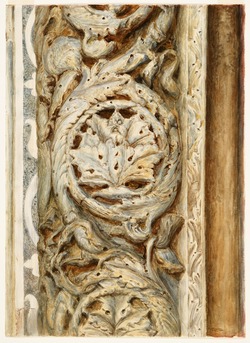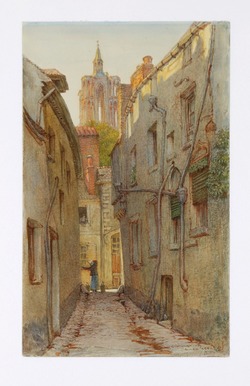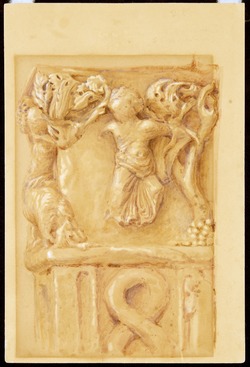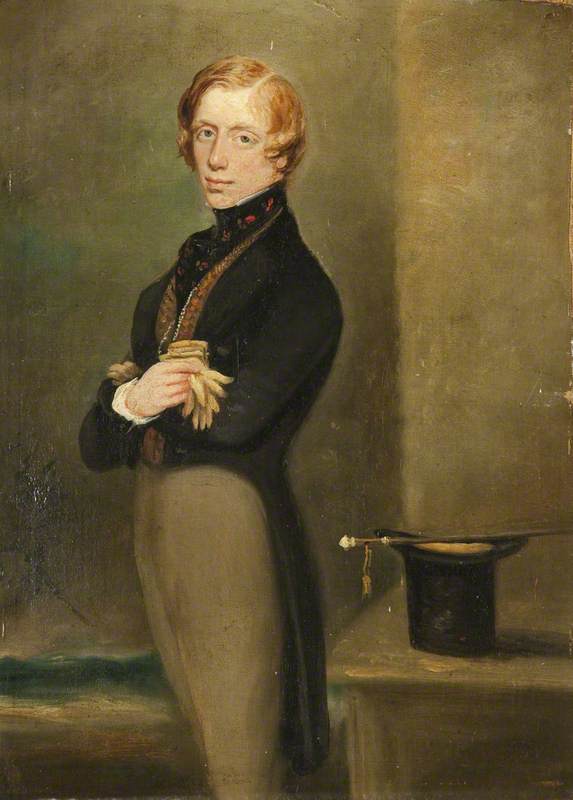How you can use this image
This image is available to be shared and re-used under the terms of the Creative Commons Attribution-NonCommercial-ShareAlike licence (CC BY-NC-SA).
This image can be reproduced in any way but your use of it cannot be for any kind of commercial purpose. Any work you create using this image must also be
Wherever you reproduce the image or an altered version of it, you must attribute the original creators (acknowledge the original artist(s), the person/organisation that took the photograph of the work) and any other stated rights holders.
Review our guidance pages which explain how you can reuse images, how to credit an image and how to find more images in the public domain or with a Creative Commons licence available.
DownloadNotes
Add or edit a note on this artwork that only you can see. You can find notes again by going to the ‘Notes’ section of your account.
The subject, John Ruskin, is regarded as Britain’s greatest, most influential, radical, indeed subversive, pundit on aesthetics and ethics. He called the painter, Collingwood, his aide-de-camp. Collingwood’s sensitive portrait, so obviously painted with love, respect, understanding and sympathy, depicts Ruskin the genius, who, despite the tragedies that have befallen him, looks directly, with immense charity, at the viewer. Ruskin is clearly blessed with an enormous tolerant compassion for the human condition. Ruskin sits in patient resignation, awaiting death, in his favourite chair in his library. The roses reference The Guild of St George (Ruskin saw himself as St George, slaying the ‘dragon’ of industrialised Capitalism, and thus rescuing England from environmental and moral pollution), and Ruskin’s doomed love for Rose la Touche.
Title
John Ruskin (1819–1900)
Date
1897
Medium
oil on canvas
Measurements
H 91.5 x W 71 cm
Accession number
1989.593
Acquisition method
gift from the artist, 1901
Work type
Painting
